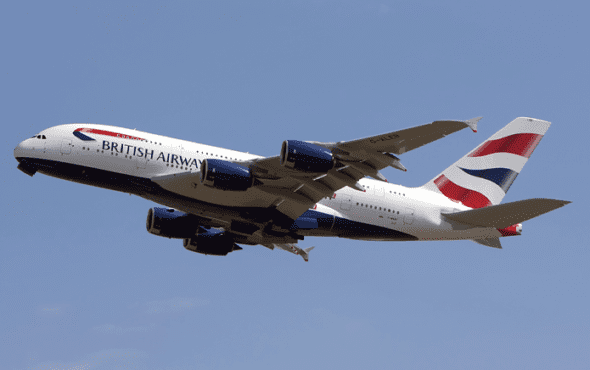
British Airways has become the latest airline to drop the traditional passenger greeting in favour of inclusive language.
The airline company announced it has made a move to “reflect the diversity” of those travelling, which has been inspired by the larger number of LGBTQ+ passengers, particularly trans and non-binary people, opting to travel abroad.
“We celebrate diversity and inclusion and we’re committed to ensuring that all our customers feel welcome when travelling with us,” the British airline company said in a press statement.
It is believed British Airways crew will say “Attention, all passengers” or use “everyone” when addressing those boarding a flight.
While airlines’ move to become more inclusive and representative is a step forward, they are not the first to go ahead with gender-neutral language.
Many UK airports have already adopted inclusive language and dropped the use of “ladies and gentlemen”, with multiple airlines already doing so.
Air Malta, EasyJet, Japan Airlines, Delta, JetBlue, United and American Airlines are a few airlines that have all already made the change. Last month, Air Malta also announced that it also be opting for gender-neutral greetings.
Moreover, in 2017, Transport for London stopped using “ladies and gentlemen” for greetings such as “good morning everyone”.
LGBT charity Stonewall called the traditional greeting “outdated” and welcomed the move by TfL.
“Language is extremely important to the lesbian, gay, bi and trans community, and the way we use it can help ensure all people feel included,” the charity said.
Sir Martin Sorrell, the founder of communication company WPP informed The Telegraph that binary greetings were not a priority for airline customers.
“Whether that’s fortunate or unfortunate, it’s a sign of the times,” he said. “The important thing is not the announcements, it’s the food, the Wi-Fi, the service, the speed of getting on the plane and getting off the plane.”
Some commentators have expressed frustration with the change. One journalist called the change “virtue-signalling nonsense” and an “eradication of gender-specific language”.
However, the use of gender-specific language can be of huge benefit. The Proceedings of the National Academy of Sciences (PNAS) research stud, including 3,000 people, revealed inclusive use of language “reduces the mental salience of males”.
The 2019 research study also stated the change for language that was more considerate is in line with “people expressing less bias in favour of traditional gender roles and categories, as manifested in more positive attitudes toward women and LGBT individuals in public affairs”.



